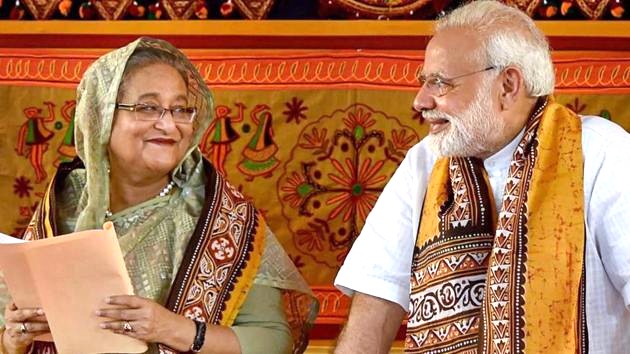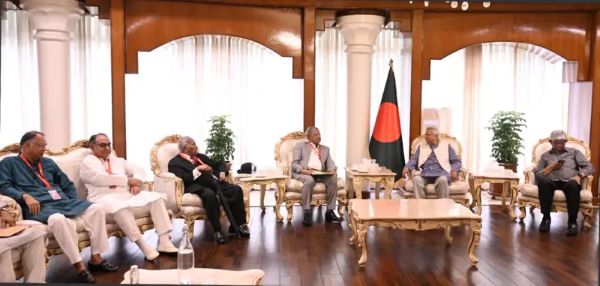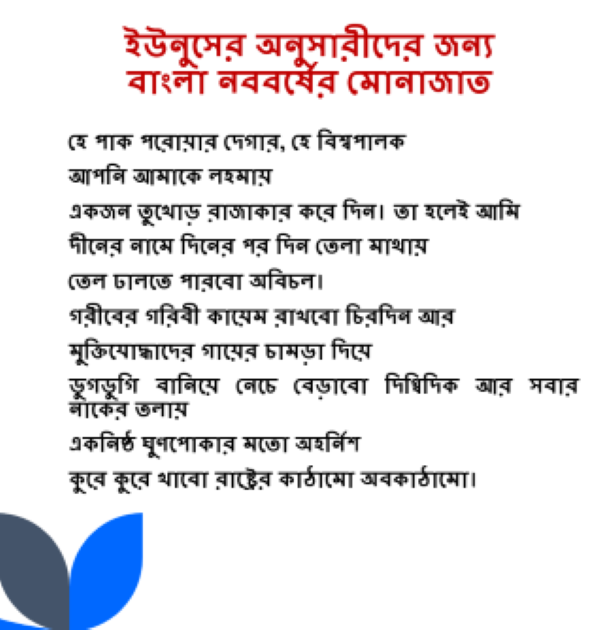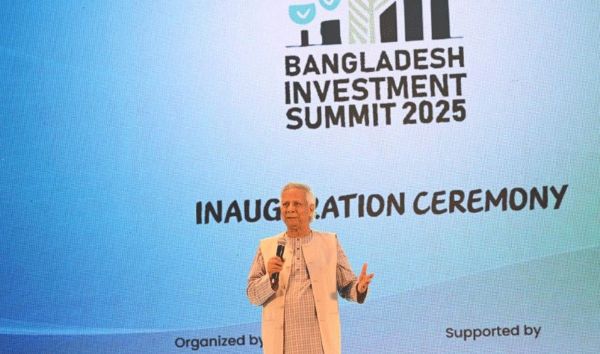
Prime Minister Narendra Modi with Sheikh Hasina. (PTI file photo)
When will India send Sheikh Hasina back to Bangladesh?
Summary:
- Bangladesh’s interim government sent a diplomatic note to India on December 23, 2024, requesting her extradition for judicial proceedings. India’s foreign ministry has acknowledged receiving the request but has not yet commented on whether they will comply.
- The situation is complex and could affect the bilateral relations between the two countries.
- The decision to extradite Sheikh Hasina will depend on various legal and diplomatic considerations.
- It is important to note that the India-Bangladesh Extradition Treaty does not necessarily require New Delhi to hand over Sheikh Hasina.
- India also has the option to refuse her extradition, arguing that the accusations against her are not made in good faith or in the interests of justice.
- However, this may further strain relations between New Delhi and Dhaka.
Charges Against Sheikh Hasina
Dhaka’s diplomatic note highlights multiple serious charges against Hasina, complicating any potential claim for political asylum in India:
-
Accused of Murder: Allegedly responsible for the killing of a grocery store owner in a police firing incident.
-
Enforced Disappearance: Implicated in the 2015 kidnapping of a lawyer.
-
Genocide and Torture: Charged in a separate case involving murder, torture, and genocide.
About the extradition treaty between India and Bangladesh
The India-Bangladesh extradition treaty, signed in 2013 and amended in 2016, outlines the procedures for the transfer of individuals accused or convicted of crimes between the two countries. However, the treaty does not obligate either country to extradite individuals if certain conditions are not met.
Key Points of the Treaty:
-
Extraditable Offenses: The treaty lists specific crimes for which extradition can be requested, such as murder, terrorism, and drug trafficking.
-
Exceptions: Extradition may be denied if the offense is considered political, if there is a risk of torture, or if the individual is likely to face unfair treatment.
-
Due Process: Safeguards are in place to ensure the rights of the requested person are protected.
-
Central Authorities: The Ministry of External Affairs in India and the Ministry of Home Affairs in Bangladesh are the central authorities responsible for handling extradition requests.
Additional Provisions:
-
Condition: An extradition request for an accused can be initiated in the case of under-investigation, under-trial, and convicted criminals.
-
Notable Treaties: India has extradition treaties with many countries, including the United States, the United Kingdom, and several other nations.
-
Factors Considered: Indian courts carefully examine extradition requests, considering factors like the nature of the offense, the evidence presented, and the potential for human rights violations in the requesting country.
-
2016 Amendment: The 2016 amendment to the treaty removed the requirement for evidence of the alleged crime in extradition cases. Only an arrest warrant from a competent court in the requesting country is needed for extradition.
Key Provisions of the Treaty:
-
Extraditable Individuals: Those charged with, found guilty of, or wanted for committing an extraditable offense in the requesting country.
-
Definition of Extraditable Offense: Crimes carrying a minimum punishment of one year imprisonment, including financial crimes.
-
Dual Criminality: The offense must be punishable in both India and Bangladesh to qualify for extradition.
-
Scope of Extradition: Covers attempts to commit, aiding, abetting, inciting, or participating as an accomplice in an extraditable offense.
Exceptions to the Rules:
-
Grounds for Refusal: Extradition can be denied if the offense is political in nature.
-
Non-Political Offenses: Certain crimes are explicitly excluded from being classified as political, including:
-
Murder, manslaughter, assault.
-
Explosions or possession of explosives or weapons with intent to endanger life.
-
Use of firearms to resist arrest.
-
Property damage with intent to endanger life.
-
Kidnapping, hostage-taking, incitement to murder, and terrorism-related offenses.
-
-
Additional Exceptions: If the accusation was not made in good faith or in the interests of justice.
-
Military offenses that are not crimes under general criminal law are excluded.
-
Incidentally, the treaty with Bangladesh allowed India to successfully extradite Anup Chetia, a top United Liberation Front of Assam (ULFA) leader, in 2015.
Ultimately, the decision to grant Dhaka’s extradition request will be a political one, regardless of the details of the extradition treaty. “Do our critical interests lie in handing over Hasina to Bangladesh? They don’t. The legalese of the treaty does not matter,” a former Research and Analysis Wing (R&AW) officer, who has dealt closely with Bangladesh, told The Indian Express.



